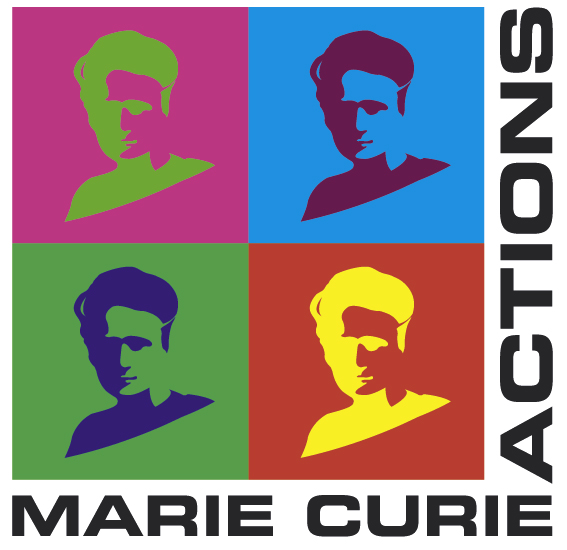Oncogenevol
However, certain papillomavirus harbour an oncogenic potential in human and horse. Indeed, oncogenic human PVs cause about 5% of all cancer worldwide. During the evolution of PVs genome, the genes E5, E6 and E7 were integrated. In certain PVs, the E6 and E7 proteins acquired the ability to degrade tumor suppressor proteins and were directly involved in the onset of cancer.
Our aim is to better understand how certain papillomavirus cause persistent infections and ultimately lead to cancer, while most PVs infections are asymptomatic. We are interested in the analysis on the evolutionary history of the viral oncogenes, combining molecular dating, fossil records estimates and reconstruction of large insertion/deletion/recombination events, and wet-lab strategies. We pay special attention to the E5, E6 and E7 oncogenes.
Despite considerable research and findings on the basic and medical biology of PVs in the last 30 years, our knowledge on their origin and evolution is still scarce. The main asset of this project is to apply the power of evolutionary thinking to understand infectious cancers as an evolutionary process.


